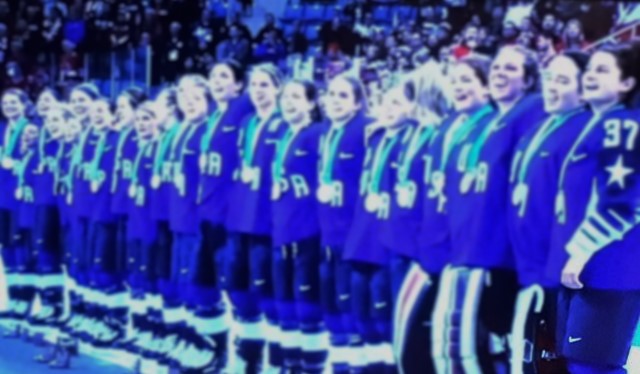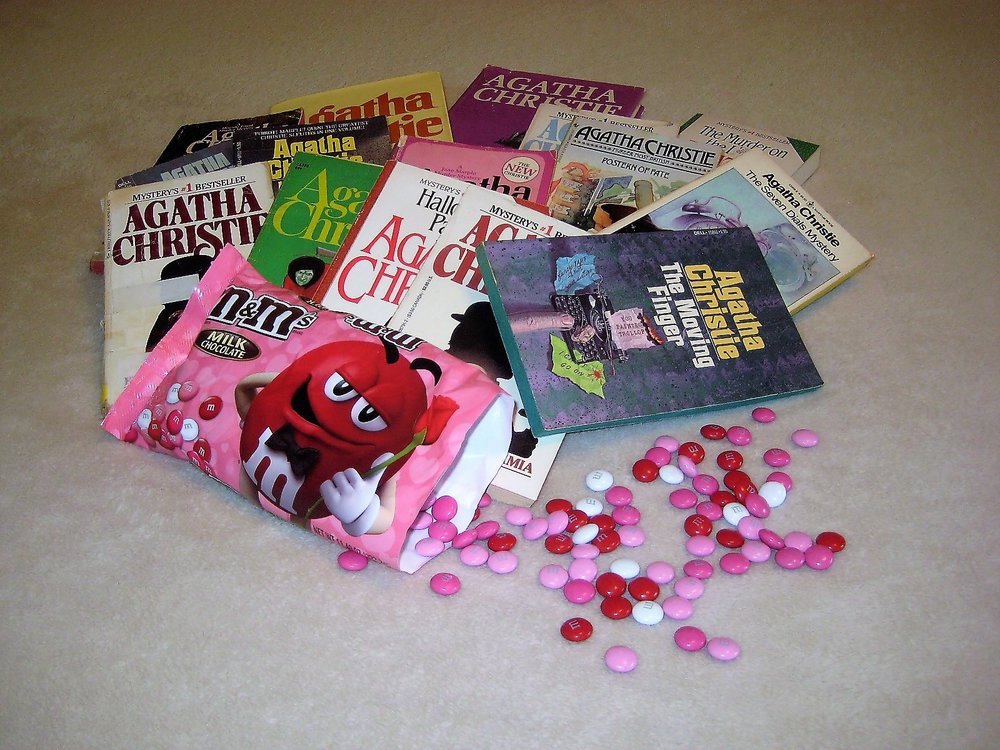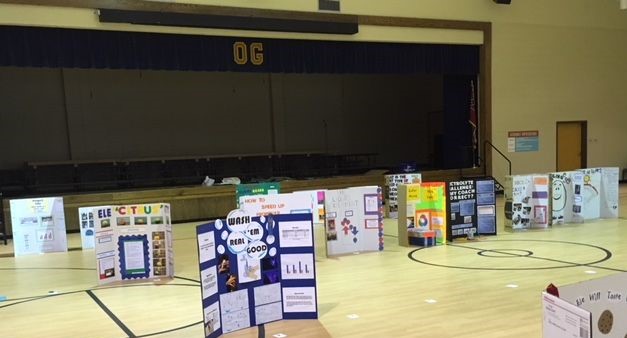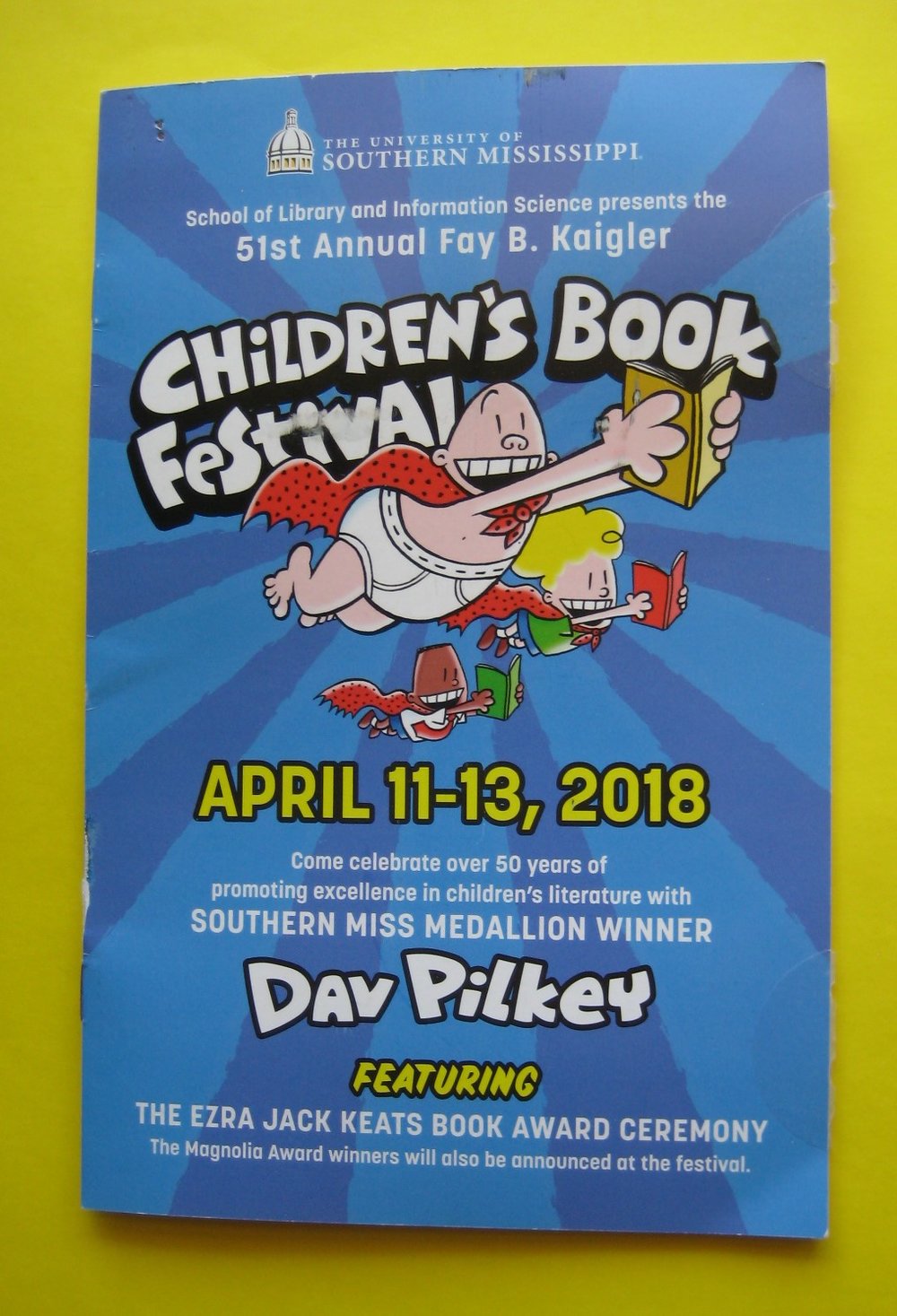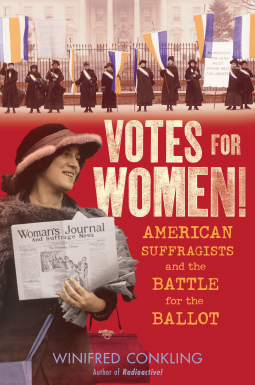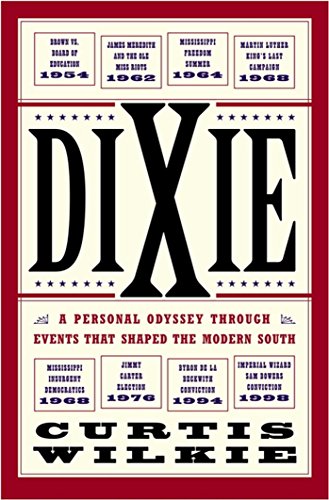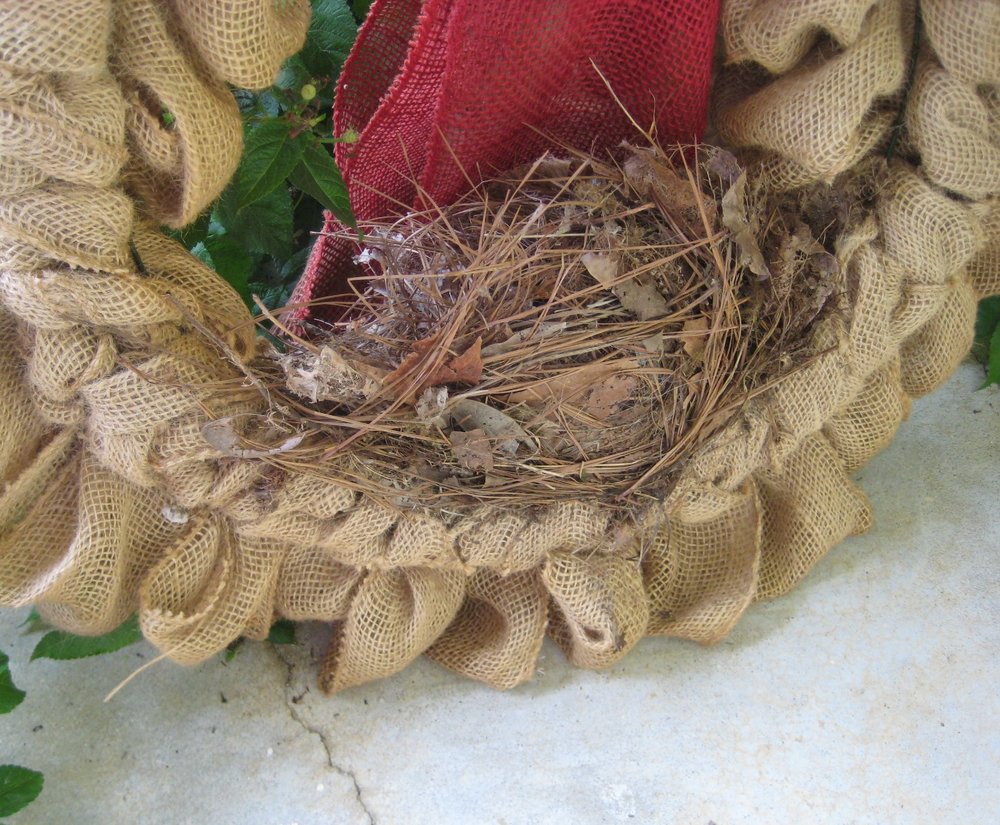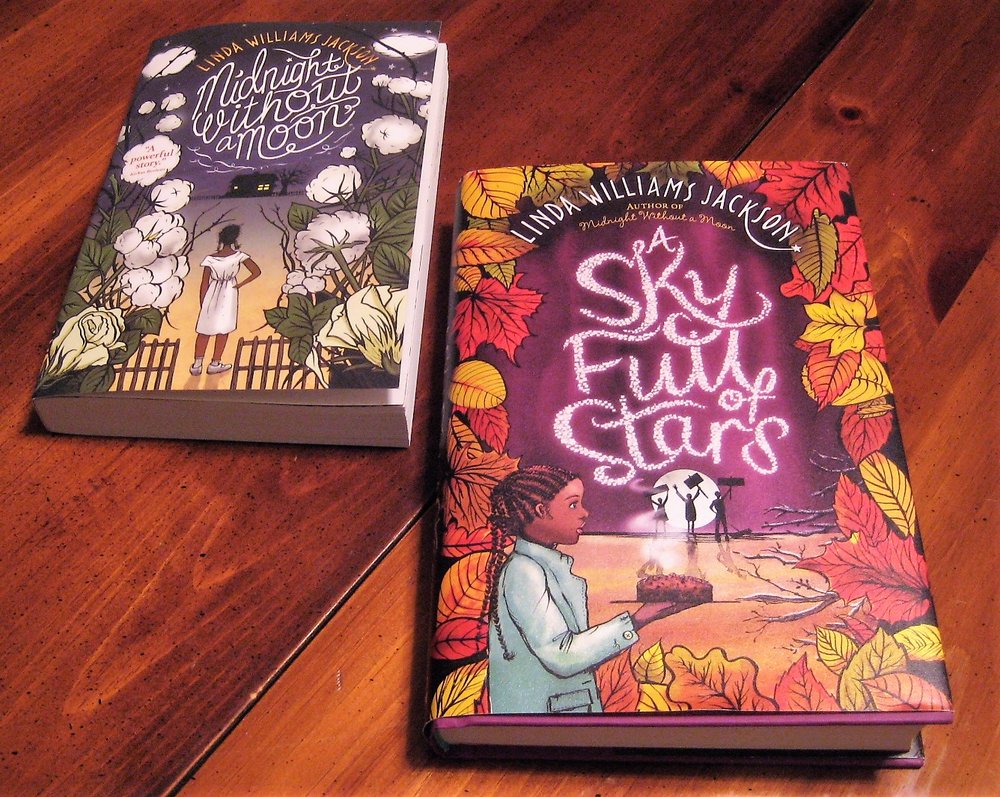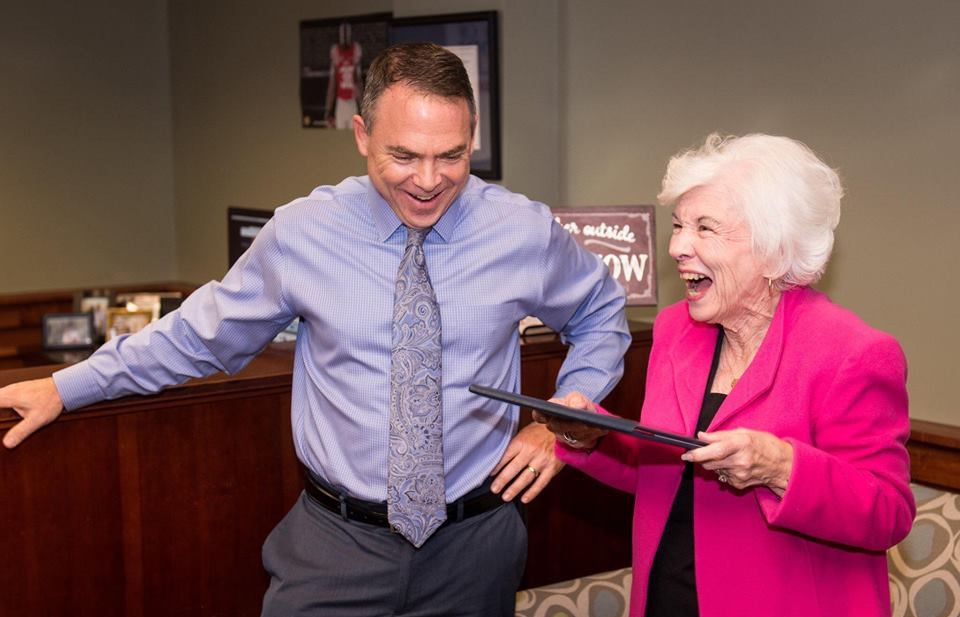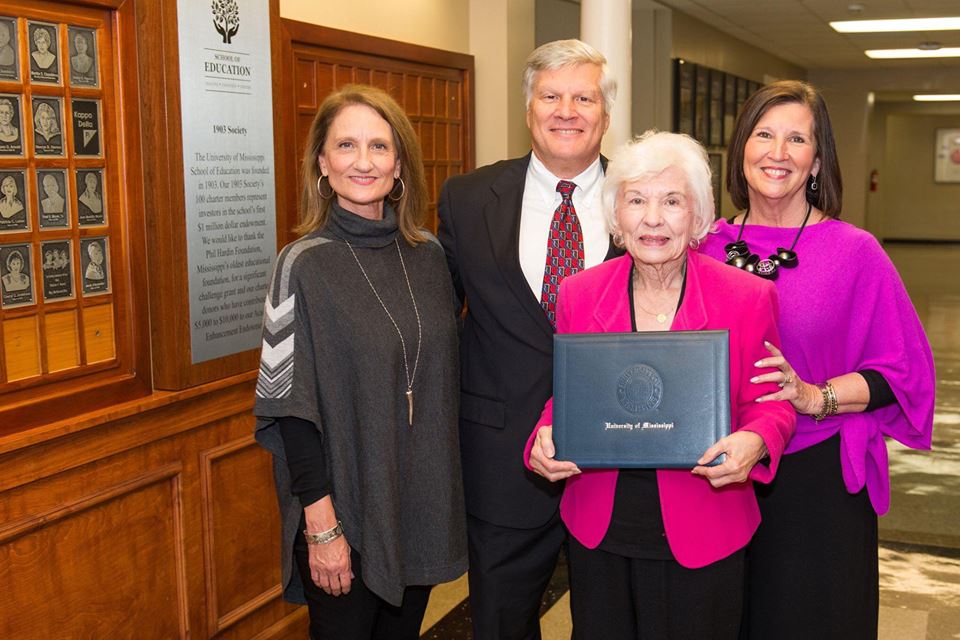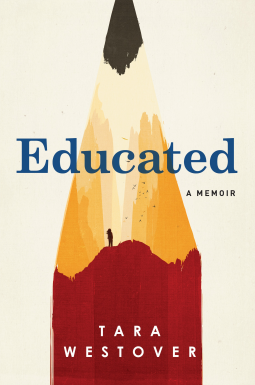 Tara Westover begins her memoir with a prologue description of the land on which she grew up as the wind whips her hair across her face and she looks upward to the mountain at the dark form of the Indian Princess. The princess, buried in the snow as if covered against the cold during the winter, reemerges each spring.
Tara Westover begins her memoir with a prologue description of the land on which she grew up as the wind whips her hair across her face and she looks upward to the mountain at the dark form of the Indian Princess. The princess, buried in the snow as if covered against the cold during the winter, reemerges each spring.
The mesmerizing memoir shows a young girl, one of seven siblings, first finding a way to endure with a father who stockpiles supplies and plans for shelter against the end times and a mother who is an unlicensed midwife collecting and selling homeopathic remedies. Little contact is allowed with the outside world except for their church where the parents’ ideas take Mormonism into an extreme form. From a young age, Tara works in dangerous conditions in her father’s scrap iron business with little regard for safety before a brother bullies her unmercifully with tacit parental approval as she begins to come of age.
Tara starts to find her way out of this situation through education, entering Brigham Young University without having been to public school and with little in the way of homeschooling that she has not taught herself. Yet she continues to be drawn back to family and the mountain with its Indian Princess. Her family leaves the reader head-shaking as they waffle between denial, rationalization, accusation, and occasional glimpses of something that could be taken for love if you look hard enough.
Some of the fascination of this memoir comes from watching which of the siblings get out of this restricting situation to become survivors and which ones buy into it and continue its hurtful pattern. I read an advance copy of the book that came out on February 20. I’m predicting you should read a copy if you want to join the book conversation that will have book lovers talking.

